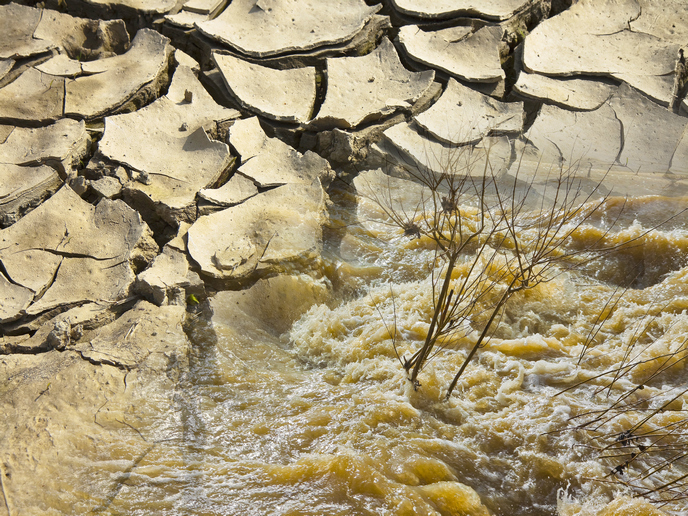Getting wise with water
Efficient and sustainable water management requires correct decision making and at many levels. The EU-funded project 'Innovative decision making for sustainable water management in developing countries' (DIM-SUM) produced recommendations to improve decision-making methodologies in water management. It helped stakeholders pinpoint the most appropriate solutions to overcome water-related issues, adding a more structured element to the classical participatory approach. At its onset, the project studied selected catchments and reviewed current sustainability indicators based on assessments of the current landscape and case studies in the field. It then analysed the decision-making process and framework in target nations, integrating cultural and social approaches to identifying sustainable water management concepts. In addition, DIM-SUM assessed existing technologies, evaluated their feasibility and proposed technically cost-effective options on a larger scale. Focussing on sanitation and water supply, the project examined proposals on the scale of river basins, incorporating novel technological, managerial and policy-related components. A very important project achievement has been the consolidation of all recommendations and elaboration of new ones in a move that would help map future initiatives. DIM-SUM disseminated the results of the project to the concerned stakeholders and partners, ensuring that they have the tools to move forward on sustainable water use. Government authorities, experts in the sector, decision makers and the general public all stand to gain from the knowledge generated through the project.







